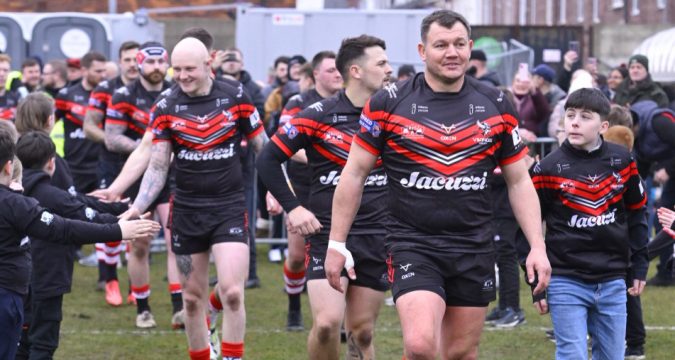 Our journey around the villages, towns and cities that have rugby league running through their veins heads to the newest home of the game.
IT'S ALL systems go for Goole Vikings - more than 120 years after the first professional rugby league team from the inland port town in the East Riding of Yorkshire last handled a ball.
The Vikings, of cours
Our journey around the villages, towns and cities that have rugby league running through their veins heads to the newest home of the game.
IT'S ALL systems go for Goole Vikings - more than 120 years after the first professional rugby league team from the inland port town in the East Riding of Yorkshire last handled a ball.
The Vikings, of cours Locations of League: Goole
 Our journey around the villages, towns and cities that have rugby league running through their veins heads to the newest home of the game.
IT'S ALL systems go for Goole Vikings - more than 120 years after the first professional rugby league team from the inland port town in the East Riding of Yorkshire last handled a ball.
The Vikings, of cours
Our journey around the villages, towns and cities that have rugby league running through their veins heads to the newest home of the game.
IT'S ALL systems go for Goole Vikings - more than 120 years after the first professional rugby league team from the inland port town in the East Riding of Yorkshire last handled a ball.
The Vikings, of cours 